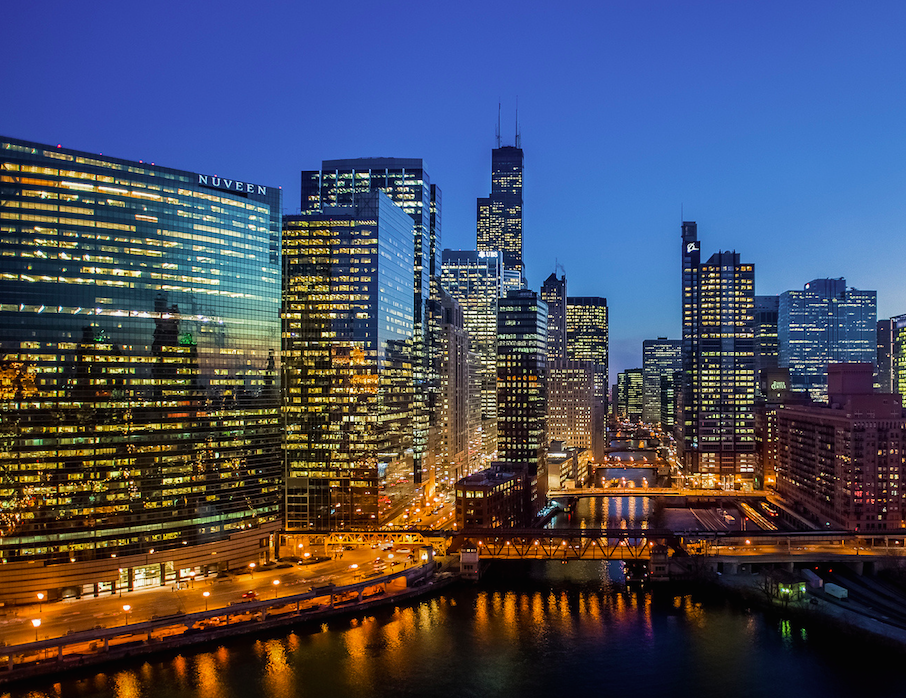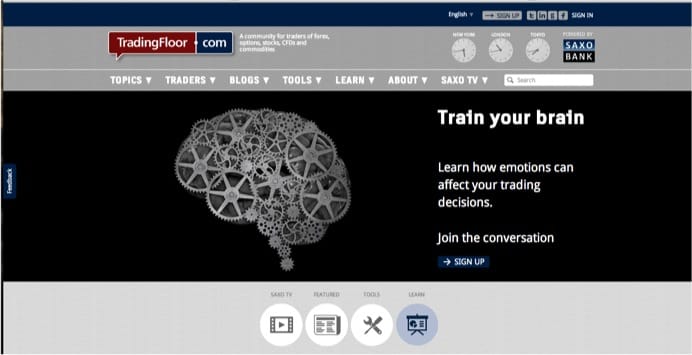Set up as a primary part of the 1944 Bretton Woods agreement, the World Bank is one of the most important international economic organizations on the planet alongside the International Monetary Fund and the World Trade Organization.
The Bank’s major goal is the eradication of poverty, something it uses a number of mechanisms to achieve. Here’s a look at what the World Bank actually is, what it does, and why you should care about it when you’re looking at the capital markets.
What is the World Bank?
The World Bank is a branch of United Nations Development Group, a key part of the international cooperation organization’s economic policy. The bank is concerned with decreasing total world poverty and asserts that it can do this through increased international cooperation, increased foreign investment, international trade and increased capital investment in developing countries.
The organization has faced its share of criticism over the years, mostly for following its mandated principles in cases where they’ve done more harm than good, and for acting without good knowledge of the situation on the ground in countries it is trying to help.
How does it work?
The World Bank Group is made up of several different institutions including the International Bank for Restructuring and Development, the International Development Agency, the International Finance Corporation, the Multilateral Investments Guarantee Agency, and the International Center for Settlement of Investment Disputes.
The first two of these are the ones whose actions are most often reported, and those must likely to affect the markets. World Bank in the media usually refers to the actions of the IRBD and IDA collectively, while the World Bank Group refers to all five institutions together.
The largest internal department is the International Bank for Restructuring and Development, which all members are a part of. It represents 188 different countries, but each is represented according to its voting weight. The United States has by far the most votes, with close to double that of Japan, the second biggest voice.
In 2010 the voting weight was reorganized in order to give more of a voice to developing countries, but criticisms of the system remains.
Each agency is ruled by a Board of Governors, made up of one governor from each member state, normally the finance minister or equivalent. The President presides over the entire World Bank Group, and is nominated by the committee. The President is traditionally from the United States, though the current President Jim Yong Kim is Korean by birth, and earned US citizenship later in life.
Why should I pay attention?
Statistics and analysis
The World Bank is one of the premier collectors and analyzers of economic information on the planet, and many of its reports on global and regional macroeconomic indicators can move markets. The raw data is also used by all manner of agencies and academics to have a look at economic progress and trends.
Some of the reports of particular importance include the World Bank’s Global Economic Prospects report, its individual case studies on particular markets, such as its recent report on global oil prices, and its reports on the effect of specific developmental conditions on economics, such as a recent report on Ebola’s impact.
Development Programs
The World Bank is interested in the financial markets to begin with, but the organization is deeply concerned with development and uses its financial clout to improve developmental indices. This may not seem like it would affect markets directly, but some of the long term effects of the bank’s development programs have sweeping impact on the country in which they operate.
Its control of projects like the Clean Technology Fund can have more direct and instant effects on companies that receive grants, and countries where work takes place based on that investment.
Loans to Developing countries
Unlike the IMF which acts as a lender of last resort, the World Bank actually pursues opportunities to give loan to developing countries in order to foster greater economic growth. The agency’s loans can have vast effects in the countries they are given, and can impact bond yields, currency prices and local equity markets to a significant extent.
The World Bank does also make IMF-like loans that can have significant effects on sovereign debt yields and everything to do with the way a state’s economy works.
Tradersdna is a leading digital and social media platform for traders and investors. Tradersdna offers premiere resources for trading and investing education, digital resources for personal finance, market analysis and free trading guides. More about TradersDNA Features: What Does It Take to Become an Aggressive Trader? | Everything You Need to Know About White Label Trading Software | Advantages of Automated Forex Trading





































